Welcome to the EGGhead Forum - a great place to visit and packed with tips and EGGspert advice! You can also join the conversation and get more information and amazing kamado recipes by following Big Green Egg to Experience our World of Flavor™ at:
Want to see how the EGG is made? Click to Watch
Facebook | Twitter | Instagram | Pinterest | Youtube | Vimeo
Share your photos by tagging us and using the hashtag #BigGreenEgg.
Share your photos by tagging us and using the hashtag #BigGreenEgg.
Want to see how the EGG is made? Click to Watch
OT - Speaker Wisdom
Options
Firestarter21
Posts: 309
I am sure there are many of us here on the forum that enjoy some good tunes. And being younger than most, I am sure there are many here who have extensive knowledge regarding speakers, especially older models. Not to say that I haven't surrounded myself with music since an early age and wiring speakers and systems for all my high school buddies. I grew up listening to my Dad's Advent A3's and my mom just replaced them with a new set of Klipsch's. As a result, my dad actually let me take the Advent speakers home last night after spending the day with the family. I recall that he quit using the Advents because one of the woofers quit playing.
The overall speaker without the cover on
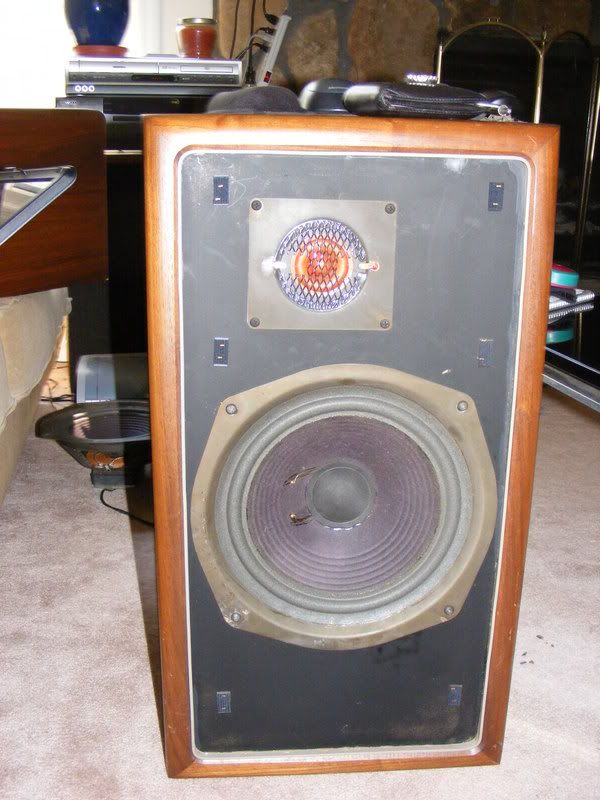
Woofer connections
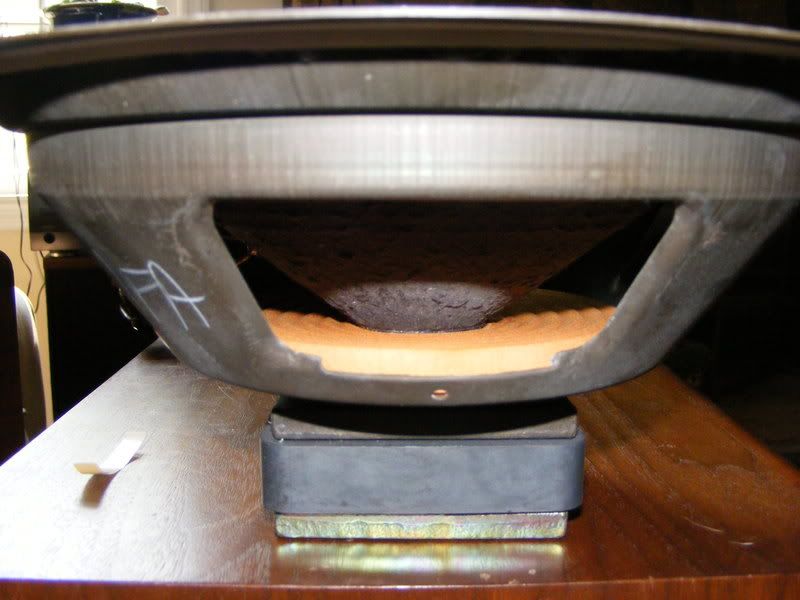
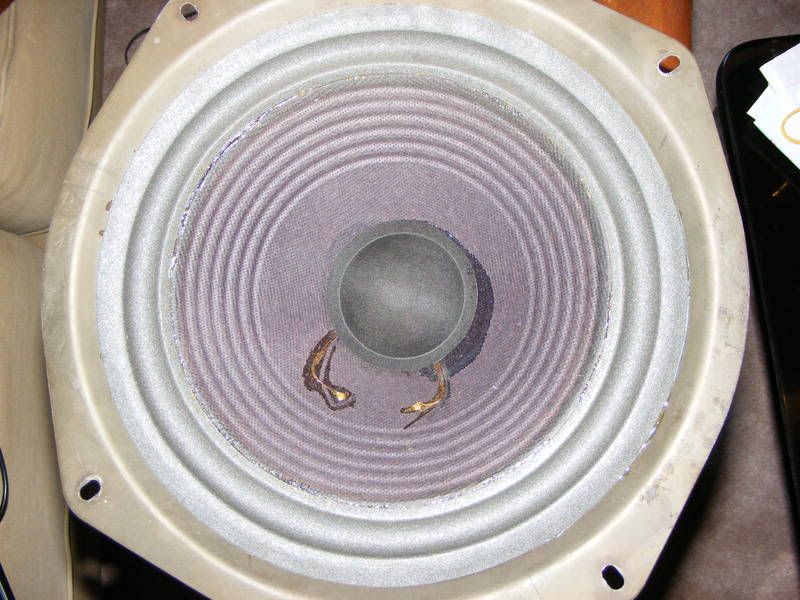
Crossover/amp?
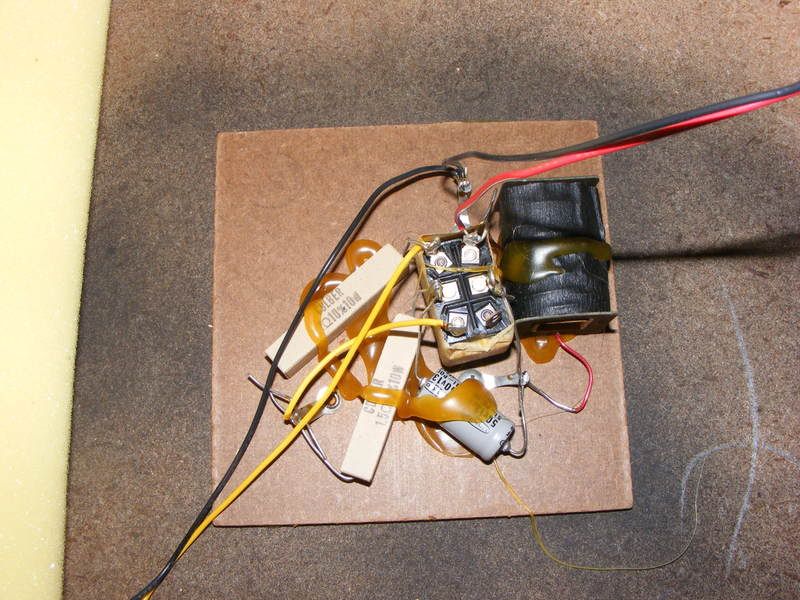
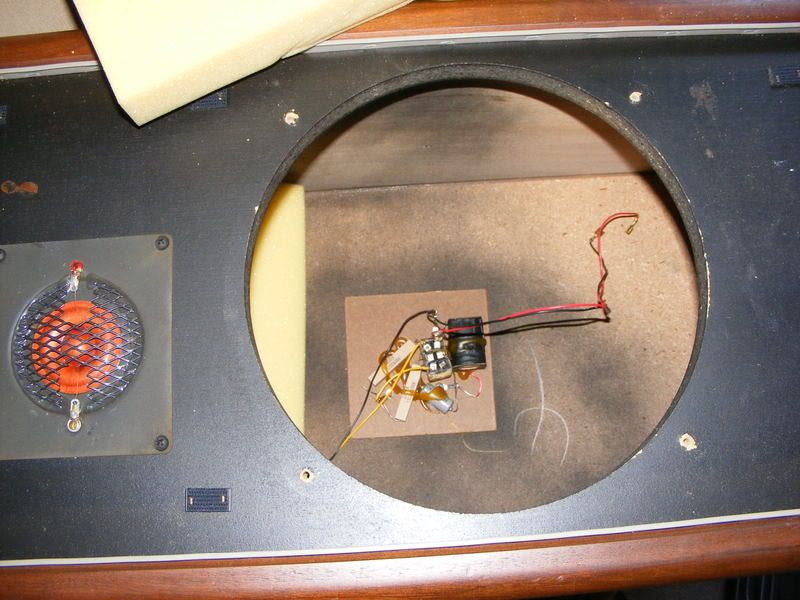
After a quick visual inspection they seem to be ok condition. I figure the issue is in the amp/crossover inside the speaker itself or possibly within the woofer, no obvious tears or wires that have become lose. I do have a digital watt/ohm/etc tester if that could be of use in solving my problem. Taken physics two focused on circuits, but not finding a whole lot of applicability to my situation.
Does anyone here on the forum happen to know something about advents or an extensive knowledge of speakers and crossovers in general? If so, what should I look into next.
I have a set of Bose 301's that I think these will compliment each other quite nicely. On the other hand, after research on these speakers, some to think of them as a league of their own...
I have the one that works hooked up now with the bose as the other channel. Tweeters sound excellent on both speakers.
Any thoughts or even stories about your favorite speakers should make for an interesting read.
The overall speaker without the cover on

Woofer connections


Crossover/amp?


After a quick visual inspection they seem to be ok condition. I figure the issue is in the amp/crossover inside the speaker itself or possibly within the woofer, no obvious tears or wires that have become lose. I do have a digital watt/ohm/etc tester if that could be of use in solving my problem. Taken physics two focused on circuits, but not finding a whole lot of applicability to my situation.
Does anyone here on the forum happen to know something about advents or an extensive knowledge of speakers and crossovers in general? If so, what should I look into next.
I have a set of Bose 301's that I think these will compliment each other quite nicely. On the other hand, after research on these speakers, some to think of them as a league of their own...
I have the one that works hooked up now with the bose as the other channel. Tweeters sound excellent on both speakers.
Any thoughts or even stories about your favorite speakers should make for an interesting read.
Comments
-
Update, I believe it is the woofer. Hooked it up to the working speaker and nothing came out of it. So, if there are no obvious wires loose, try to take the magnet off? Or do I have to go through the dust cap? Standing by, waiting for anyone to shine some light on the topic. I will be heading to a wedding in a bit, so please forgive me for not keeping in touch with the forum later if someone answers or asks questions.
-
From the information you've provided, I think the most likely diagnosis is a shorted capacitor in the crossover. You have a two-way speaker with a passive crossover (not an amplifier).
The job of the crossover is to divide the incoming audio signal so that low frequencies are diverted to the woofer and high frequencies to the tweeter, making both speakers happy and well-suited to their assignment. The crossover you have looks to include a couple of resistors, a capacitor, and an inductor (also called a choke). Without getting too much into the details, capacitors are high-pass (let high frequencies through) and inductors are low-pass (let low frequencies through). The capacitor is the gray cylinder in your crossover picture. Besides, electrolytic capacitors are the least reliable components in a crossover, so they're more likely to fail anyway.
The failure mode is typically a direct short, so this is easy to diagnose with your meter.
Isolate each capacitor in the bad speaker and test impedance. If you're using an analog meter, you will see the needle swing slowly up as a good cap charges from the meter battery (as if a resistor were increasing resistance). A shorted capacitor will show constant low impedance. Capacitors are rated in farads, but a farad is a huge amount of capacitance so typical capacitors are millionths of a farad (microfarads). When buying a replacement, make sure also that the voltage rating for the old capacitor is equalled or surpassed by the new capacitor, and also that you respect the original polarity when installing the new one.
You could also swap the crossovers between the good and bad speakers. If the problem migrates between speakers along with the crossover, you have confirmed that the problem is with the crossover.
I'm not a big Bose fan, so IMHO your gift speakers will be a significant upgrade and well worth the trouble. It's great that your speaker cones are undamaged give their age. Advents were thought to be quite "the bomb" back in the day. Throw an 80s retro party when you're done, in their honor! -
Normally, if the voice coil were fried, you'd still likely hear something..just not a very good something.
I love the way vintage Advents (yours are clearly in that category) sound...very smooth. I am a Snell freak myself, owning a pair of e5 towers, K5 Mk II bookshelfs with a matching c5 MkII center channel. Have a full set of THX in-walls from a previous media room too...one day will own a dedicated room again. Owned lots of Boston Acoustics (especially in-car), and a few sets of B&W, but my ear is pretty tuned to the Snell feel now.
Good luck with the Advents! -
Thanks Brad, I figured it out a little while ago. For some reason the wire terminals on the speaker looked fine but when I barely tweaked the angle the terminal sat, it started working. Sounds good now, I have the Advents hooked up and a Bose acoustimass sub hooked up for a little extra bass. Sounds very nice now, I appreciate the input.
Categories
- All Categories
- 182.7K EggHead Forum
- 15.7K Forum List
- 459 EGGtoberfest
- 1.9K Forum Feedback
- 10.3K Off Topic
- 2.2K EGG Table Forum
- 1 Rules & Disclaimer
- 9K Cookbook
- 12 Valentines Day
- 91 Holiday Recipes
- 223 Appetizers
- 516 Baking
- 2.4K Beef
- 88 Desserts
- 163 Lamb
- 2.4K Pork
- 1.5K Poultry
- 30 Salads and Dressings
- 320 Sauces, Rubs, Marinades
- 543 Seafood
- 175 Sides
- 121 Soups, Stews, Chilis
- 35 Vegetarian
- 100 Vegetables
- 312 Health
- 292 Weight Loss Forum
